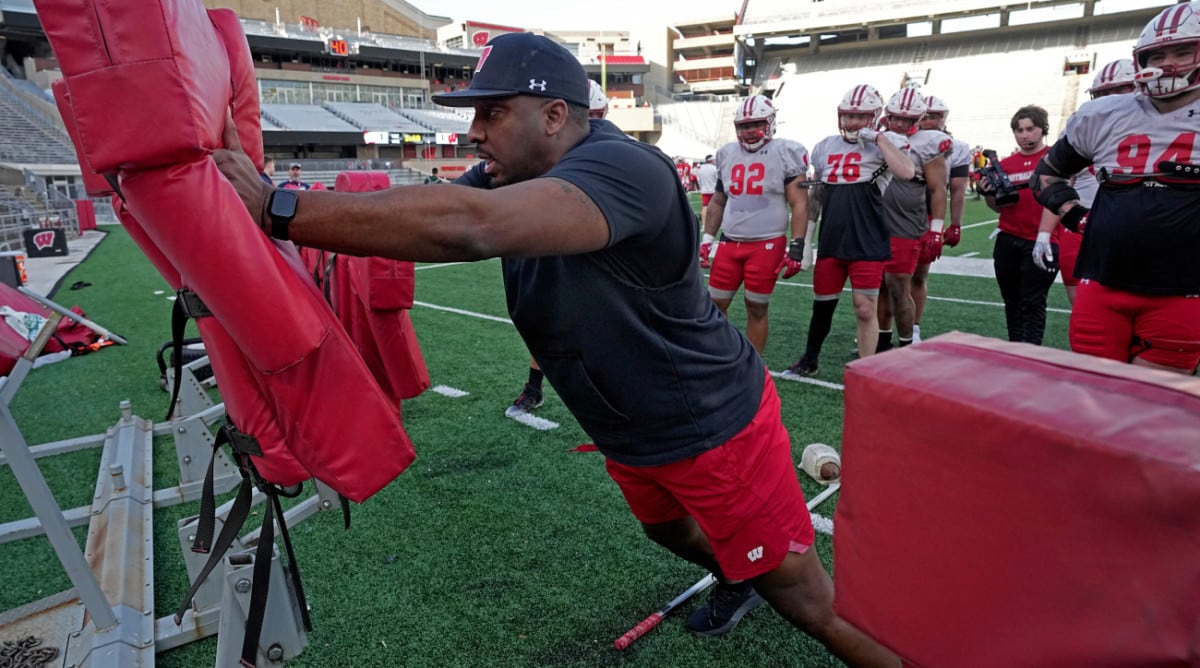COLUMBUS (WCMH) — Simone Biles’ withdrawal from the team competition at the Tokyo Olympics Tuesday shines a spotlight on mental health and the pressures elite athletes face to perform.
Jamey Houle is the lead sports psychologist for The Ohio State University Department of Athletics, and he is also a former All-American collegiate gymnast. Houle says it is difficult to imagine the level of pressure an athlete like Biles faces when she is the most decorated gymnast in history.
“It’s so much pressure to maintain that and what it means to live up to that,” Houle said. “Her platform is so massive and so for a little girl or a little boy or even adults to look at that and say, ‘Wow, this has got to be real, this is Simone Biles.’”
Houle said Biles openly discussing the topic of mental health concerns on the Olympic stage is a “game changer.”
“It normalizes the experience of having mental health concerns and what we know is when we normalize it, more people come in, more people get treatment,” he added.
Biles is not the only top athlete to bring mental health concerns front and center on the world’s stage. Japanese tennis star Naomi Osaka withdrew from the French Open earlier this year after she cited the mental toll of her profession.
Professional athletic counselor Dr. Chris Stankowich also said it is important to note that athletes are not dealing with a traditional Olympics competition this summer.
“We’re still in the throes of the pandemic and COVID and so we are in a very unusual, atypical times that cause stress anyways, so I think this is one of those years where normal stresses are, in fact, compounded,” Stankowich said.
Clinical counselor Jummy Olawale said that Biles making her mental health a priority means many people can follow suit when feeling pressure to perform.
“I think many of us can relate to that, whether it’s a job interview or it’s an exam you need to do if you’re a student or a parent, or it’s something that is so important that a lot of things are riding on it,” Olawale said.
All three mental health professionals advise anyone struggling with mental health to not be afraid to speak up.
“When we talk about things that we feel worried or ashamed about, it actually lightens the mental health load,” Houle said.
“Listen to your body,” Olawale said. “It’s important that you prioritize your mental health. It’s OK to not be OK.”
















































